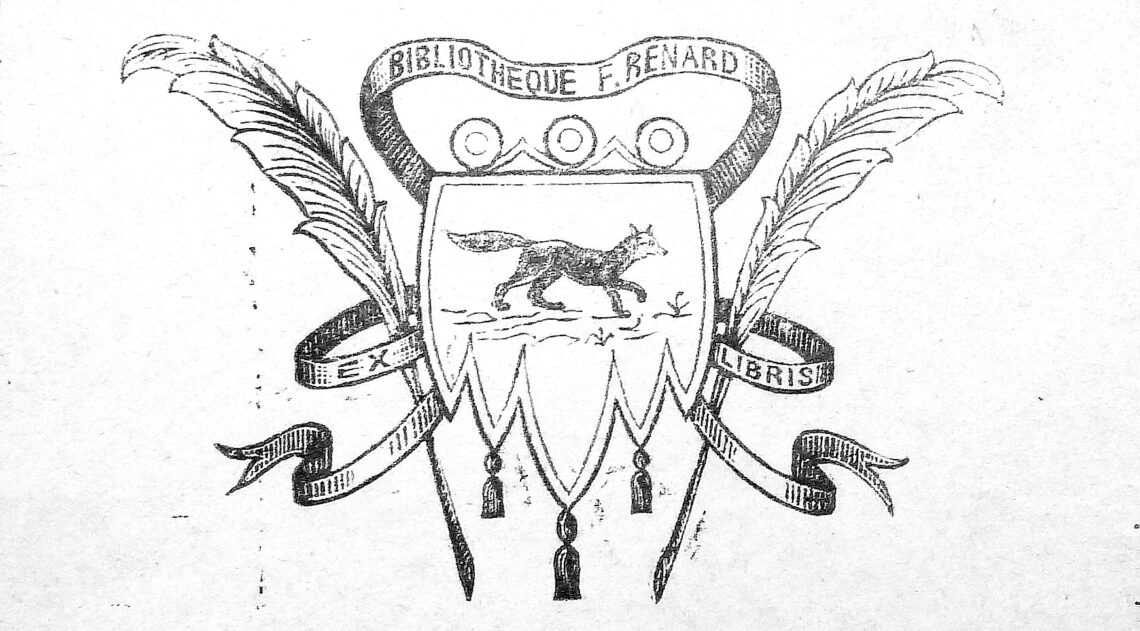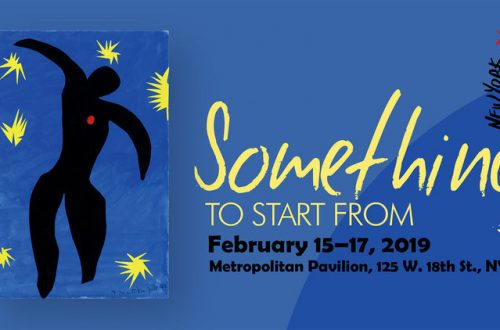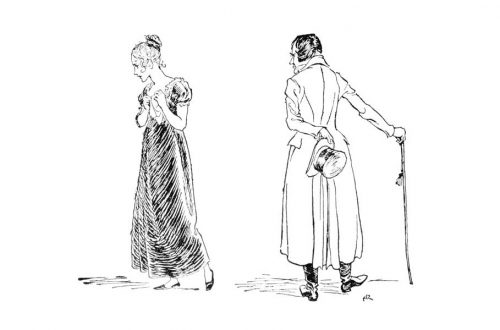by Zachary Chen
“It is more blessed to give than to receive.”
Like reading itself, book-lending ought to be demanding: it is a way of life fraught with danger and vulnerability. At its best, giving others books – to borrow, that is – can be a heroic act of trust and love. I do not exaggerate – parting with a beloved book, no matter how long, is a difficult task. Because it is a physical object, the book may come back to you damaged, torn, spilt-upon, or somehow ‘different.’ The friend to whom you lend a book may be a carnal lover of books who makes a habit of that despicable practice of placing books down with the pages splayed apart in order to keep their place. The neighbor who borrows a prized paperback may be an incurable procrastinator, and the book may not be returned to you for weeks, months, or years. I fall in this latter camp, much to my chagrin – mea maxima culpa. Finally, and all too frequently, the book may never be returned to you. (It is better to have lent and lost, than never to have lent at all.) Even when the book is returned in pristine condition and with the hearty thanks of its recipient, one may feel the lack of the book while it is lent out. After all, there is something inexplicably comforting about the presence of a well-beloved book. It is not the same as the comfort of the presence of a dear friend (and what is, really?), but it is sometimes similar.
If you think that I am now going to argue that lending books is difficult and yet rewarding because of the joy of sharing a beloved story with someone else, or that it is really worthwhile because it is an exercise in humility and charity and trusting others, or that the truly wonderful part of lending books is the inevitable and impromptu book discussion when it is returned, you might as well stop reading this essay. Those things are all quite true – gloriously true, in fact – but they run the risk of being rather boring, since they are familiar in varying degrees to any real lover of books. No, no – we bibliophiles do not lend books simply because we are self-sacrificing or charitable or humble or because we enjoy discussions: we lend books because that is the natural end and result of owning them.
I propose, then, that there are three reasons for owning a book, and thus three ways of owning a book. One is exemplified by Victor Hugo’s M. Mabeuf and consists in owning a book because it is precious to the owner. This way may potentially lead a booklover to lend a book, but not necessarily. The second is displayed by Cyril Connolly’s Jonathan Edax: owning a book out of covetousness and self-love. In this case, one will never lend a book willingly. The third reason is a sort of Aristotelian median – I mean the heroic and terrifying route of owning a book because of what is written within it. In practice, as I hope to show, this third way of owning books naturally leads to lending them out frequently.
First, however, we must consider our two examples. Monsieur Mabeuf is one of my favorite characters in Victor Hugo’s Les Misérables. M. Mabeuf – or Father Mabeuf, as he is often referred to – is “a bouquinist, a collector of old books.” A kindhearted, innocent octogenarian, Father Mabeuf has two concerns: nativizing indigo in France and collecting rare books. Hugo describes Mabeuf saying, “he never went out without a book under his arm, and he often returned with two.” The impulse is understandable for anyone who loves books, and quite dangerous for the pocketbook, particularly in the vicinity of old bookstores. Father Mabeuf is tragic in part because, in the poverty of his old age, he is forced to sell his treasures to pay for the meager necessities of his life. Hugo describes a step on the road to his downfall thus:
“M. Mabeuf went out with a book and returned with a coin. As the second-hand dealers perceived that he was forced to sell, they purchased of him for twenty sous that for which he had paid twenty francs, sometimes at those very shops. Volume by volume, the whole library went the same road. He said at times: “But I am eighty;” as though he cherished some secret hope that he should arrive at the end of his days before reaching the end of his books. His melancholy increased. Once, however, he had a pleasure. He had gone out with a Robert Estienne, which he had sold for thirty-five sous under the Quai Malaquais, and he returned with an Aldus which he had bought for forty sous in the Rue des Grès.—“I owe five sous,” he said, beaming on Mother Plutarque. That day he had no dinner.”
Victor Hugo, Les Misérables Vol. IV, Book IX, Chapter III
Even in destitution, then, Father Mabeuf is an irrepressible acquirer of books. However, like every true lover of books, M. Mabeuf is also a reader: “He took good care not to become useless; having books did not prevent his reading, being a botanist did not prevent his being a gardener.” Though he delights in the possession of a unique edition of Diogenes Laertius, M. Mabeuf reads it for enjoyment. This is a man whose zest for owning books is matched by a habit of reading them. His impulse to collect books stems from the urge to read, not simply the lust to hoard.
Thus, M. Mabeuf does present a good example of owning books, even though he does not lend them. He loves books because they are books: though he appreciates rare books for their rarity, Father Mabeuf enjoys books most because he likes to read them. He does not have anyone to share his books with, and so he is limited to solitary reading. Though reading is an opportunity for conversation with an author, it runs the danger of being lonely on occasion; to benefit from a book, one ought to lend it as well.
Commendable as Father Mabeuf’s reasons for loving and owning books may be, they are not shared universally. Unfortunately, the desire to acquire books is often based on the desire to hoard them. We must therefore examine this ‘collector’s lust’ somewhat. One of the best explications of it that I have come across to date is found in a short story by Cyril Connolly called The Downfall of Jonathan Edax, which was written as a commentary on Covetousness.
Like Father Mabeuf, Jonathan Edax is interested in books, especially old and rare editions. The similarity ceases shortly thereafter. Edax is heartless, contriving, selfish, and unbelievably small-minded. He considers himself a connoisseur of manuscripts, silver, china, and other “collectors’ items.” A skimping, parsimonious old wretch, Jonathan Edax is quite comfortable stealing rare manuscripts and pamphlets from Thomas Truslove, whom Edax describes as his ‘oldest friend.’ Throughout the story, Edax is too thrifty to purchase anything more than the bare necessities for his wife and daughter, begrudging each penny not spent to enlarge his collection of antique paraphernalia. Edax is best characterised by the two lines of a Gerard Manley Hopkins poem he encounters in the story: “God’s most deep decree / Bitter would have me taste. My taste was me.”
I couldn’t get Hopkins out of my head. “My taste was me” – what a title for an autobiography! And when one’s taste is flawless – near-perfect, and matched by a nose and an eye for a bargain and a bump of curiosity and righteous ambition to despoil the Philistine, there’s no end to what one can pick up. To know what someone else values is to be already on the way to possessing it.
Cyril Connolly, The Downfall of Jonathan Edax
Edax would call himself a lover of books; his entire life is ruled by a lust for finding and collecting them. In a deliciously ironic sense, he is a man of taste: he can tell what is ‘valuable,’ what is rare and hard to come by. In fact, “My taste was me” is quite true for Jonathan Edax: he is consumed by his taste for the original manuscript, the autographed pamphlet, the genuine Queen Anne teapot. Jonathan Edax has made himself nothing more than his taste. He knows what is valuable, but he cannot understand why it is precious. Because he is merely taste, Edax cannot appreciate the items he longs to possess. Tragically, he misses Hopkins’ poetry for Hopkins’ pamphlets.
Jonathan Edax is therefore an opposite of Father Mabeuf. Edax acquires books because he wants to have them all to himself, to hoard them away like the selfish toddler who firmly desires everything to be ‘mine.’ He knows what is considered good and desires to aggrandize himself by owning it. Mabeuf, by contrast, appreciates what is good in books because he loves reading and thus desires to have his books near to hand.
The question thus becomes, “How are books to be owned, anyway?” The issue at stake is not really whether we ought to collect books, but what is to be done with them when they have already been bought. Jonathan Edax cannot be commended; though he collects editions of excellent authors like Eliot, Hopkins, Yeats, and Auden, Edax derives no benefit from these works. He does not own books to read them; he hoards books to keep them.
And this leads us to an answer: books are to be owned for the sake of the words carried within them. It is true that these words can be made much more attractive when they are presented in a pleasing format. The accidents of a book are far outweighed by its essence, however: the cheapest printing of a Hopkins poem that is studied and delighted in is far more valuable than an unread, pristine original.
Books are written to be read, not preserved. If one is a faithful reader, one will re-read good books. However, even the swiftest reader cannot re-read every book in his collection at the same time: how then may one derive joy from unread books? They must be lent out – there is really no help for it. A careful reader of a book will probably find that it informs his life somehow. Perhaps he will even quote passages from it to a friend on occasion. And what else is book lending but a natural extension of quoting passages?
We buy books for many reasons: the price is right, the edition is rare, or the copy is in good condition. But we read books to be changed, and when we find ourselves delighted, challenged, or puzzled by an author’s work, there is nothing more natural than tossing the book to a friend. “Here – what do you think of this?” And this lending deepens friendships, raises questions, and brings joy to borrower and lender.
Father Mabeuf, then, owns his books well in one regard: he reads those books he has collected and delights in his library because he is a reader. Near the end of his life, he proves his nobility by sacrificing his precious Diogenes Laertius to pay for lifesaving care for his housekeeper, Mother Plutarque. I suspect that he would lend his books willingly, should he find another reader. In any case, however, his delight in his library remains unconsummated, because he cannot share it with anyone. In the end, Mabeuf is still one of Les Misérables, and part of his pathos is that he has no one to lend his books to.
Jonathan Edax claims that “To know what someone else values is to be already on the way to possessing it.” But he is wrong, dead wrong. Knowing another’s values ought not inform us what we can take from that person – it should teach us how to give. To know what someone else values is to be already on the way to lending it.
Let us then delight in our books like M. Mabeuf, but may that delight spill over into enthusiastic book-lending, for the joy of reading – like that of friendship – grows with multiplication. The point of owning books is lending them: anyone filled with ecstatic happiness at a rare find in a bookstore inevitably ought to think of the second person who will read the book. The souls in Paradisio cry “Ecco chi crescerà li nostri amori” – and so do readers who have a book to lend.

Zachary Chen is a freshman at Hillsdale College. When he is not lending books to friends, he enjoys singing, writing, and talking about great books.
Header Image: “Bookplate of F. Renard (‘Ex Libris Bibliothèque F. Renard’).” by Provenance Online Project is licensed under CC BY 2.0.





